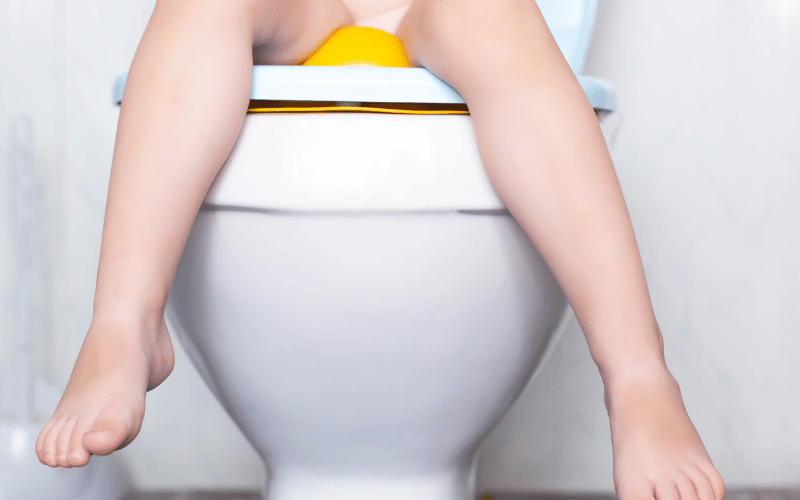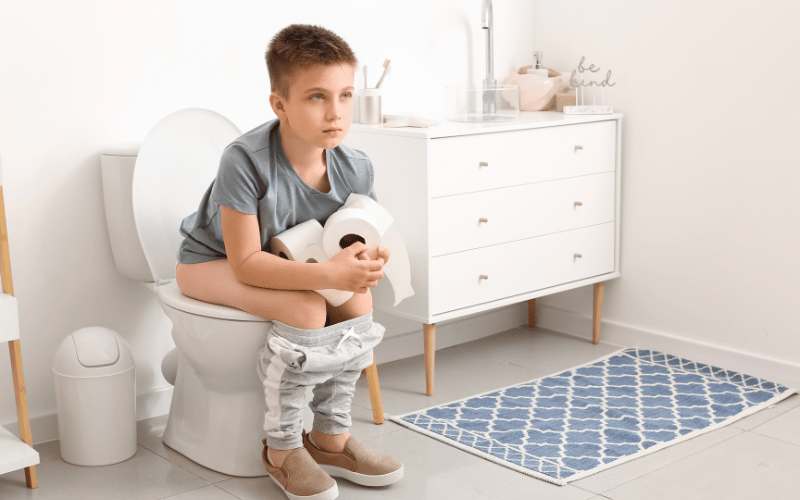Introduction
Diarrhea in children can be an alarming concern for many parents and guardians. Even as this ailment is common, the array of misconceptions surrounding it can often lead to unnecessary panic. As guardians of young lives, it’s pivotal that we understand what diarrhea truly entails, its primary causes, potential complications, and the best routes of management. Diving into this, it’s essential to note that while diarrhea is a prevalent childhood ailment, it’s not always a sign of a significant health concern. However, equipped with the right information, parents can effectively manage and mitigate the risks associated with this condition.

The first thing to understand is the definition of diarrhea. Simplified, it’s the frequent passage of loose, watery stools, often accompanied by abdominal discomfort. But what causes this in children? The reasons can range from infections, dietary choices, and even emotional stress. One of the significant concerns with diarrhea, especially in young children, is the risk of dehydration. Children’s bodies are more susceptible to the effects of fluid loss, and hence, it’s crucial to monitor them closely during such episodes.
The world of the internet can often be misleading, with an overload of information, not all of which is accurate. This article aims to streamline the facts, debunk the myths, and provide a clear understanding of diarrhea in children. By the end of it, you will be better prepared to handle such situations, knowing when it’s safe to manage the condition at home and when it’s time to seek medical intervention.
Fact 1: Definition – What is Diarrhea?

Diarrhea, in its simplest form, is the frequent passing of loose or watery stools. For many, it’s a temporary condition. For children, especially the young ones, understanding the difference between diarrhea and regular bowel movements is vital. This distinction becomes particularly challenging in infants, whose stools are naturally soft and frequent.
The number of stools isn’t the only marker. Consistency and associated symptoms also play a role in identifying diarrhea. Regular bowel movements, even if they’re frequent, have a routine to them, and the child’s overall health doesn’t deteriorate. On the other hand, diarrhea often comes with stomach cramps, a sudden increase in bowel movement frequency, and a change in stool consistency.
A vital thing to understand here is that while diarrhea is common, it isn’t always benign. Especially in children, repeated bouts or extended periods of diarrhea can indicate underlying health issues. Chronic diarrhea could mean food allergies, an infection, or other gastrointestinal problems. (1)